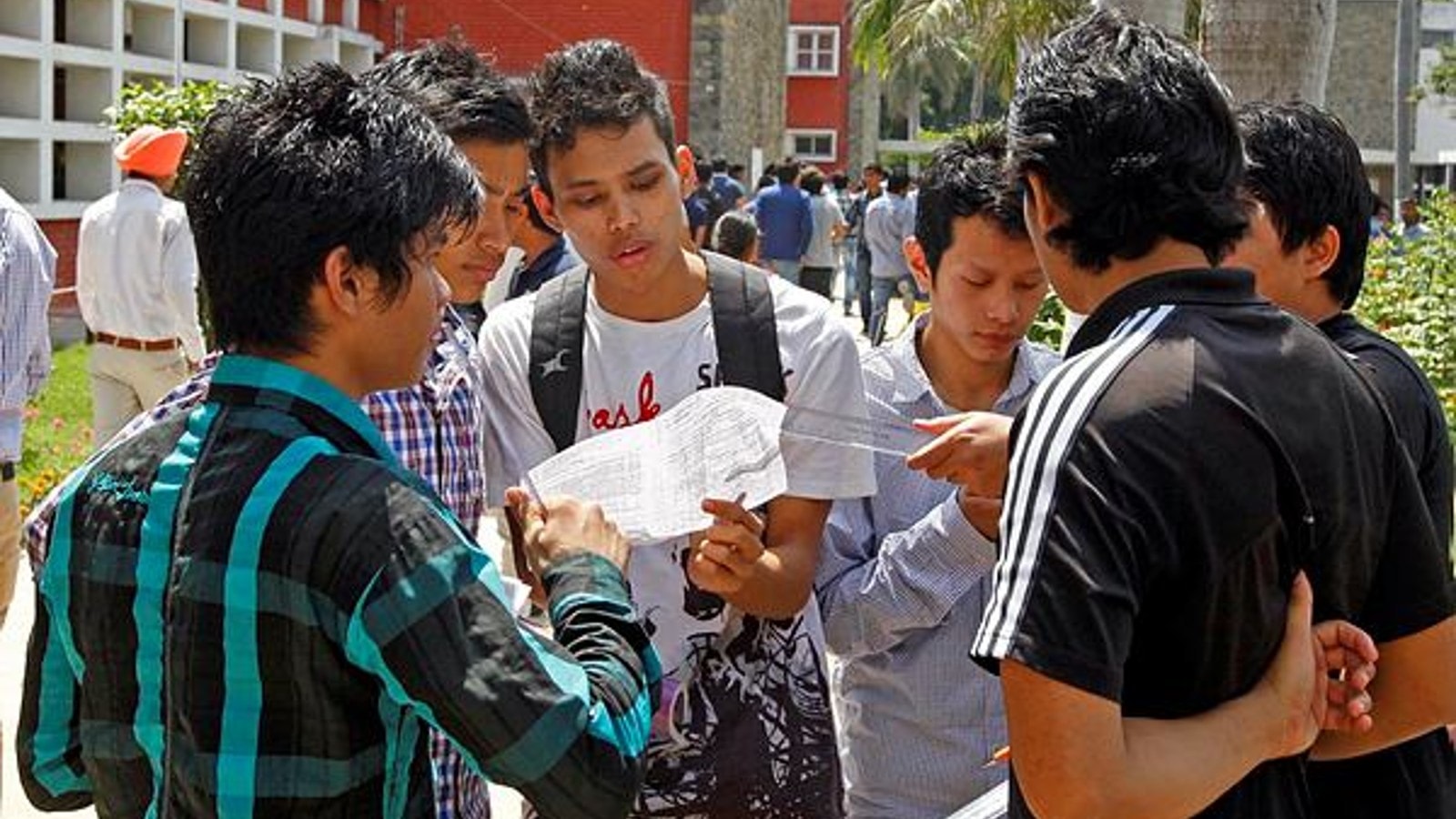 |
|
The Joint Entrance Examination (JEE) Main, a crucial gateway for aspiring engineers in India, concluded its first day of the January 2025 session. This pivotal examination, designed to assess the aptitude and knowledge of candidates seeking admission to prestigious engineering colleges across the nation, saw a significant turnout on Day 1. The exam, carrying a total weightage of 300 marks, was divided into three core subjects: Physics, Chemistry, and Mathematics. Each subject followed a structured format, further bifurcated into two distinct sections – Section 1 and Section 2. Section 1, comprising 20 Multiple Choice Questions (MCQs) with a single correct answer for each, tested the candidates’ understanding of fundamental concepts and their ability to apply those concepts to solve problems. This section accounted for a substantial portion of the overall marks, demanding a comprehensive grasp of the syllabus. Section 2, on the other hand, presented a different challenge. It included 5 numerical-based questions, requiring candidates not only to understand the underlying principles but also to demonstrate their proficiency in applying mathematical and analytical skills to arrive at precise numerical solutions. The combination of MCQs and numerical-based questions in each section aimed to offer a holistic evaluation of the candidates’ abilities. This two-pronged approach provided a more comprehensive assessment of understanding than just MCQ-based tests, thereby ensuring that only truly skilled candidates progressed further in the selection process.
The distribution of questions across the three subjects was carefully balanced to ensure a fair assessment of the candidates’ knowledge base. While the exact proportion of questions from each topic within each subject remains undisclosed until official analysis is released, anecdotal evidence from students who appeared for the examination suggests a relatively balanced distribution across major topics. This balance is crucial in maintaining the objectivity and fairness of the examination, preventing any bias towards certain areas of the syllabus. The level of difficulty perceived by the students varied significantly. Some found certain sections to be challenging, requiring deep understanding and quick application of multiple concepts, while others reported that particular sections were relatively straightforward and easy to solve within the allocated time. Such variations in perceived difficulty are common in high-stakes examinations, reflecting the varying levels of preparation and comfort that candidates have with the subjects. However, the overall difficulty level of the examination is expected to be assessed by expert analysts in the coming days, with detailed analysis of the questions and their solutions provided to aspirants.
The two shifts held on the first day of the examination further added to the overall logistical challenges. The first shift, held from 9 am to 12 noon, witnessed a large number of candidates taking the examination, and similar patterns were expected in the second shift scheduled from 3 pm to 6 pm. The different timings cater to the diverse schedules and preferences of candidates. The smooth execution of both shifts demonstrates the effective planning and organization on behalf of the conducting authorities. The impact of the day 1 examination on the overall success rate and the subsequent cutoffs remains to be seen. It is important to note that the JEE Main is a highly competitive examination with a high degree of difficulty, and only a small percentage of candidates typically qualify for admission to the top engineering institutes. This examination plays a crucial role in shaping the future careers of millions of aspirants, and the results are eagerly awaited by students, parents, and educators alike. A thorough analysis of the paper will be undertaken by several educational institutions and experts, providing valuable insights into the types of questions asked, the difficulty level, and the topics that were emphasized. This analysis will help guide future candidates in their preparation and strategies.
The JEE Main 2025 examination is not merely an assessment of academic knowledge; it's a test of resilience, time management, and strategic planning. The pressure of the examination is immense, and the candidates' ability to perform under pressure is a vital determinant of their success. Therefore, the preparation for such high-stakes exams necessitates a multi-faceted approach involving meticulous planning, consistent hard work, regular revision, and effective stress management techniques. The experiences of this year's candidates will undoubtedly serve as valuable lessons for future aspirants, highlighting the importance of thorough preparation and a well-rounded approach to tackling such challenges. The success rate for the JEE Main 2025 exam remains uncertain until the official results are declared. However, the candidates' determination and diligent efforts will determine their ultimate success in clearing this crucial hurdle on their path towards a fulfilling career in engineering.
Source: JEE Main 2025 Session 1 Day 1 Exam Analysis: Important topics, difficulty
